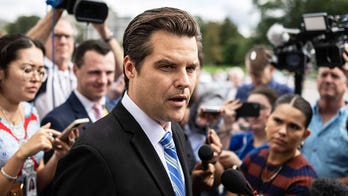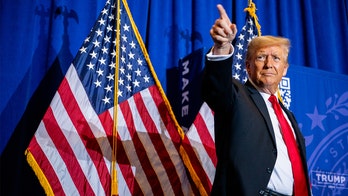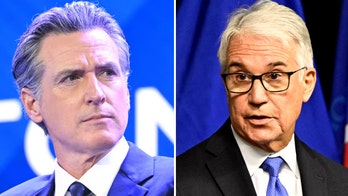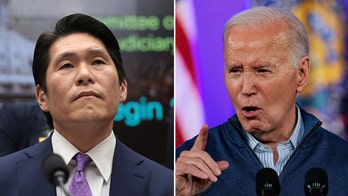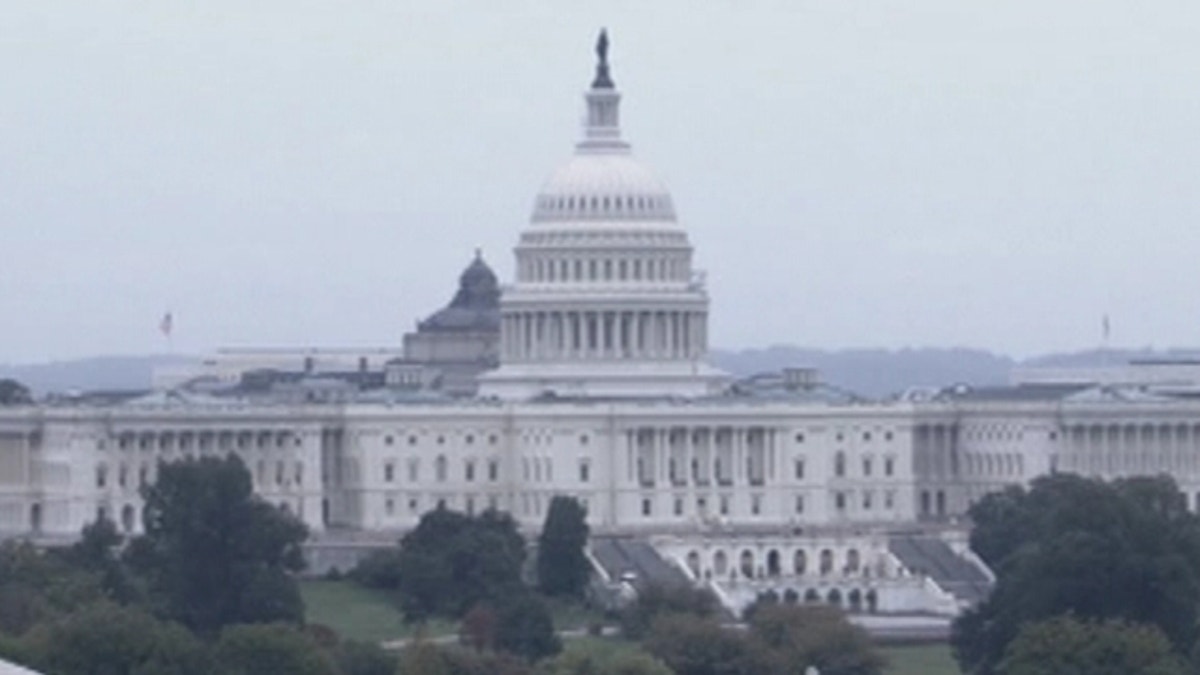
On Wall Street, when some future event is widely expected to move stocks, investors take positions in advance and in accordance with their expectations. The event is then said to be “baked into” the markets.
As 2011 comes to a close and Congress ends the year embroiled in yet another standoff over taxing and spending, business owners have no choice but to “bake into” their 2012 plans another year of uncertainty regarding fiscal policy out of Washington, D.C.
Tax reform? Employee health care costs? Regulation? Weak consumer demand due to stagnant labor and housing markets? All of these vital concerns remain on hold while Congress bickers once again.
“I just continue on. I have to go on with my life. I’ve got people who depend on me,” said Craig Broswell, owner of Machinax Fabrication Inc., a Chino, Calif., machinery maker.
This time it’s an extension of a payroll tax holiday. The Democratic controlled Senate supports a two-month extension of the tax cut to give Congress more time to figure out how to pay for it. Republicans in the House of Representatives, despite their universal support of the tax cut itself, oppose a two-month extension, saying it just kicks the can down the road.
If this current imbroglio is causing déjà vu, that’s because it’s the fourth time this year the business of Congress has effectively ground to a halt amid a standoff over domestic fiscal policy. This one has all the hallmarks of the earlier ones: high stakes brinksmanship on the part of Congressional leaders; dueling press conferences replete with sanctimonious finger pointing and casting of blame; a looming deadline; and breathless, 24-hour media coverage.
[pullquote]
As a refresher, a recap of the year in Congressional standoffs.
In April, a battle over a spending bill threatened to shut down the federal government. Newly empowered House Republicans, many of them recently elected and riding a wave of tea party popularity, fought for sharp cuts in spending to reduce the bloated national deficit. Democrats balked at cuts to education and popular entitlement programs such as Medicare. A last-minute compromise avoided the first government shutdown in 15 years.
The summer was consumed by a prolonged and nasty debate over raising the national debt ceiling, normally a procedural vote that passes with little fanfare. A so-called “grand compromise” to cut $4 trillion in spending over a decade was scuttled in lieu of another last-minute deal that raised the debt limit and removed the specter of the U.S. defaulting on some of its debt obligations. The deal created a Congressional Super Committee implausibly asked to make the hard decisions on taxing and spending ahead of a Thanksgiving deadline. Ratings firm Standard and Poor’s responded to the whole sordid episode by cutting the U.S. credit rating.
Perhaps no committee ever created by Congress was met with greater skepticism than the so-called Super Committee. The bipartisan group of 12 culled from the House and the Senate was given less than four months to slash $1.2 trillion from the deficit over the next decade. Not surprisingly, at deadline the committee had accomplished virtually nothing, but not without holding the requisite press conferences to blame the other side for the committee’s abject failure.
Now comes the payroll tax squabble and weary business owners roll their eyes, tired of more of the same. The only thing that changes -- and not for the better -- is Americans’ opinion of Congress. A new Gallup Poll revealed this week that just 11% of Americans approve of the job Congress is doing, a historic low and down from 13% in November.
Employers like Broswell, who carries 10 workers on his payroll, five at the Chino shop and five at another in Nevada, watch these standoffs, frustrated in the knowledge that politics always takes precedence over policy.
“It’s all scare tactics,” he said.
Meanwhile, Broswell and others like him must go about the difficult task of preparing their budgets, inventories and manpower for the upcoming year and beyond. And they must do it without any clarity from Washington on a number of vital issues, namely tax reform that could place heavier burdens on high-income earners, uncertainty over health care costs as a key element of President Obama’s reform measure heads to the Supreme Court in the spring, and the aforementioned payroll tax.
In this climate uncertainty is routinely cited as one of business owners’ biggest obstacles to growth. According to the National Federation of Independent Businesses, an advocacy group for small businesses, 61% of employers recently surveyed said uncertainty (due in large part to feckless leadership in Washington) was preventing them from expanding.
That sentiment was echoed in a recent report issued by the Federal Reserve Bank of Cleveland, whose researchers used an uncertainty index that takes into account the amount of press coverage given a specific fiscal policy under debate.
“While the downturn and weak recovery certainly had a large negative effect on small business hiring plans, policy uncertainty has exacerbated this effect,” the report’s authors, Mark Schweitzer and Scott Shane, wrote.
“Policy makers should take seriously the widespread anecdotal reports that policy uncertainty is adversely affecting small business owners’ expansion plans,” the authors warned.
Broswell said he and many of the companies for which Machinax provides food processing equipment, big companies such as PepsiCo Inc. (NYSE: PEP) and Starkist, are in the same boat as him – resigned to the fact that Congress will put politics ahead of the needs of business owners.
“Democrats are saying we’re not giving up anything and Republicans are saying we’re not giving up anything. I don’t see any compromise,” he said. “I do this in business all the time. A guy comes to me and says you charge 70 bucks an hour per man but asks me, ‘Can you do it for 65?’ I kick a little and throw things, then I agree to it. I want the work. I gotta keep my guys going and get them paid.”
A common sense approach that apparently doesn’t translate well in Washington, D.C.

